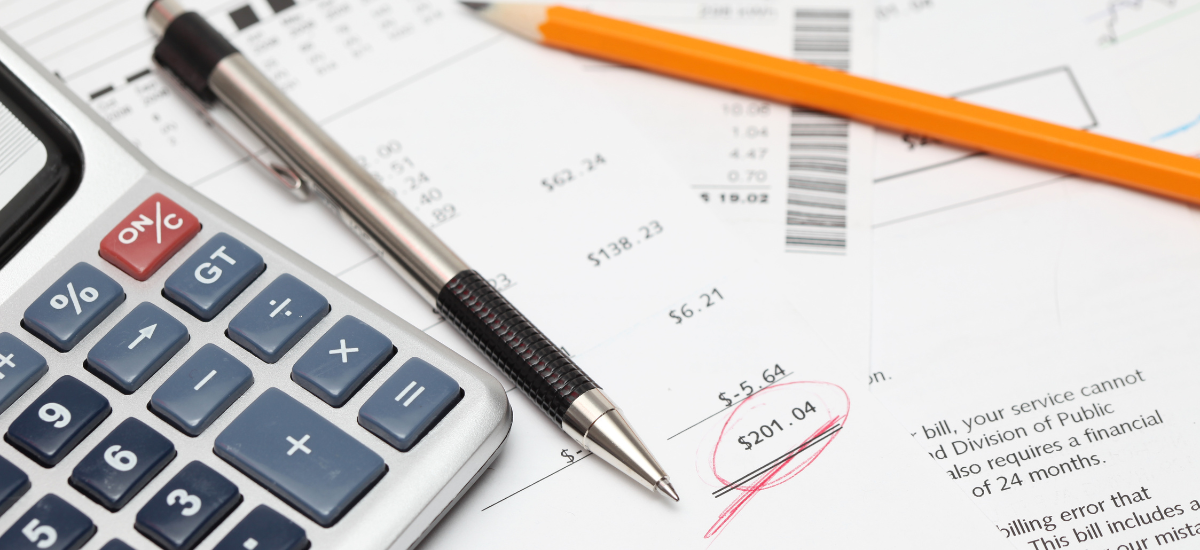Debt No More: Strategies for a Brighter Financial Future

- Posted on May 06, 2022
Borrowing money, whether for a large purchase or to recover from a financial emergency, is a common practice, with 72.3% of American households using a credit card or taking out a personal loan in 2021. However, while borrowing can improve your financial situation, failure to meet payment obligations can have adverse long-term effects and create further financial stress. Regain control with this comprehensive list designed to help you achieve financial stability.
The dangers of debt
One of the most harmful aspects of debt is how it can easily be concealed as convenient credit. Even with a low-interest rate, having too much debt can cause good debt (debt that helps generate future income, such as student loans, mortgages, or company loans) to become bad debt. In addition, debt can trap you in a vicious cycle of continuous borrowing without a proper strategy to handle your repayments, creating financial hardship and stress. To help you overcome your debt, we’ve compiled the following tips:
Nothing but the essentials
Try a spending freeze or a “nothing but the essentials” month to save extra cash for your debt repayments. Non-essential expenses include subscription services, entertainment, ordering in, extra clothing, and home decor. Cutting these lifestyle expenses will likely offer the most financial relief, allowing you to save more for your fixed expenses, such as rent or mortgage payments, student loans, and household bills.
Negotiate for lower interest rates
Getting the lowest interest rate on your debt, whether it’s just a few percentage points, is critical for debt management. First, if you’d like to negotiate lower interest rates on your debt, it’s essential to research competing lenders to maximize your chances of success. Doing so lets you know what a reasonable interest rate reduction is for your particular debt tool. Next, use this information to make a realistic ask during negotiations.
Sell items for cash
During financial hardship, consider releasing any money locked away as an asset to help you reduce or clear debts. Typical items that may have value and can be easily sold include antiques, bikes, watches, earrings, and other accessories. Conduct online research to determine your assets’ current market value to maximize your returns.
Contact your creditors about repayment plans
If you’re having debt issues, a significant initial step is to get in touch with your creditors. By acting quickly, you can prevent the stress of mounting debt and ensuing phone calls from collection agencies. However, before contacting your creditors, prepare a budget and repayment plan. Your creditors are under no obligation to negotiate with you—presenting a solid financial plan will display your sincerity and determination to repay your debts.
Get debt counseling
Paying off debts can require months of persistence, timely payments, strict budgeting, and frugality. It’s an overwhelming and stressful experience for most people, which is why debt counseling may be a good idea if you’re having trouble meeting your obligations. It grants access to financial experts who can evaluate your circumstances and assist you in regaining financial stability. Debt counseling can help you create a long-term strategy to remain debt-free.
Need financial advice?
Check out our previous blog post on How Small Businesses are Impacted by Inflation. In addition, if you need personalized financial advice, our team is always here to help—contact us today to book an appointment!



